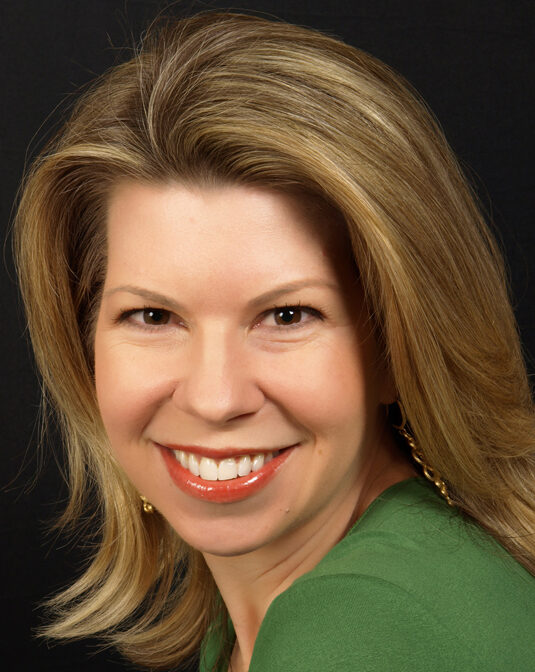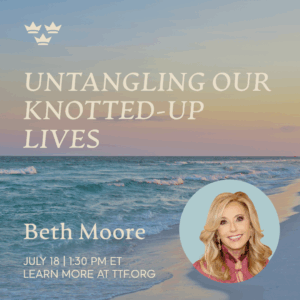Celebrity Culture and the American Church with Katelyn Beaty
March 10, 2023
Overview
Speakers
-
 KATELYN BEATY
KATELYN BEATY -
 CHERIE HARDER
CHERIE HARDER
SHARE

